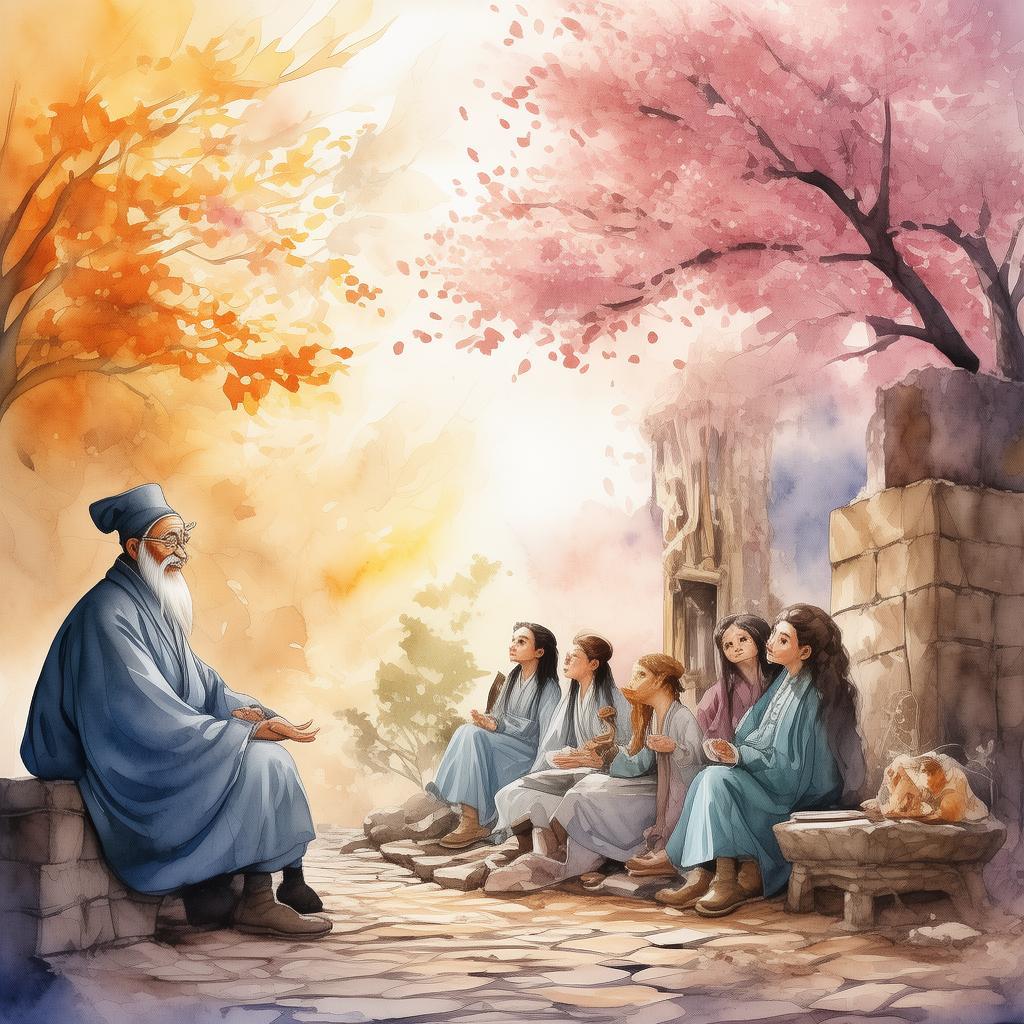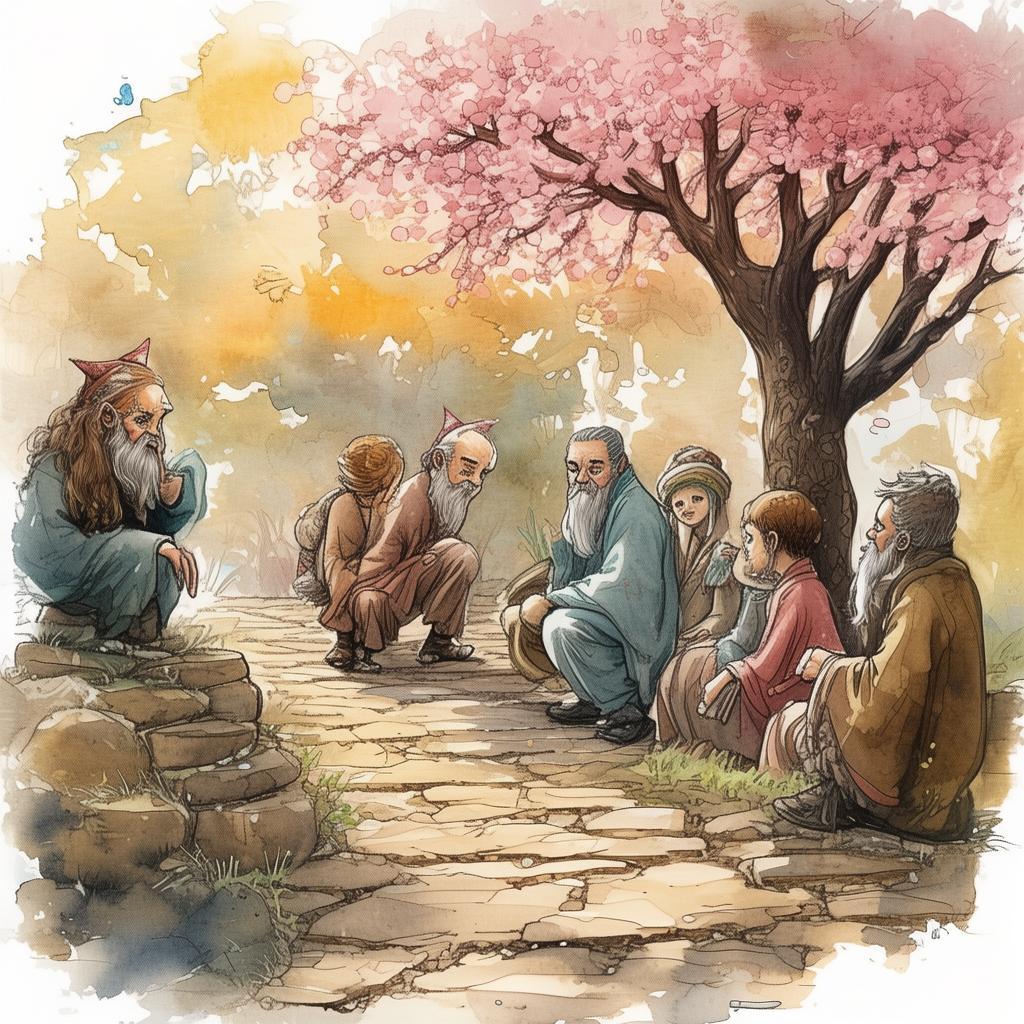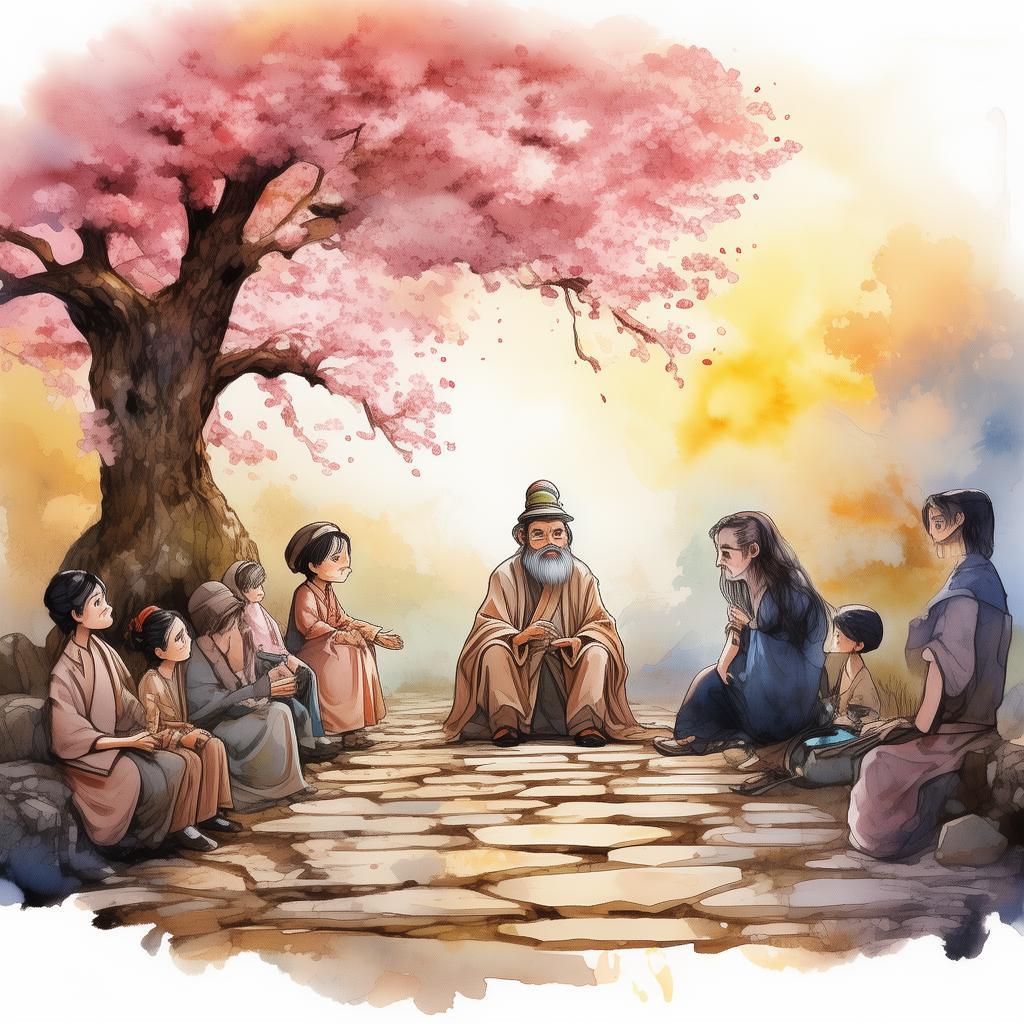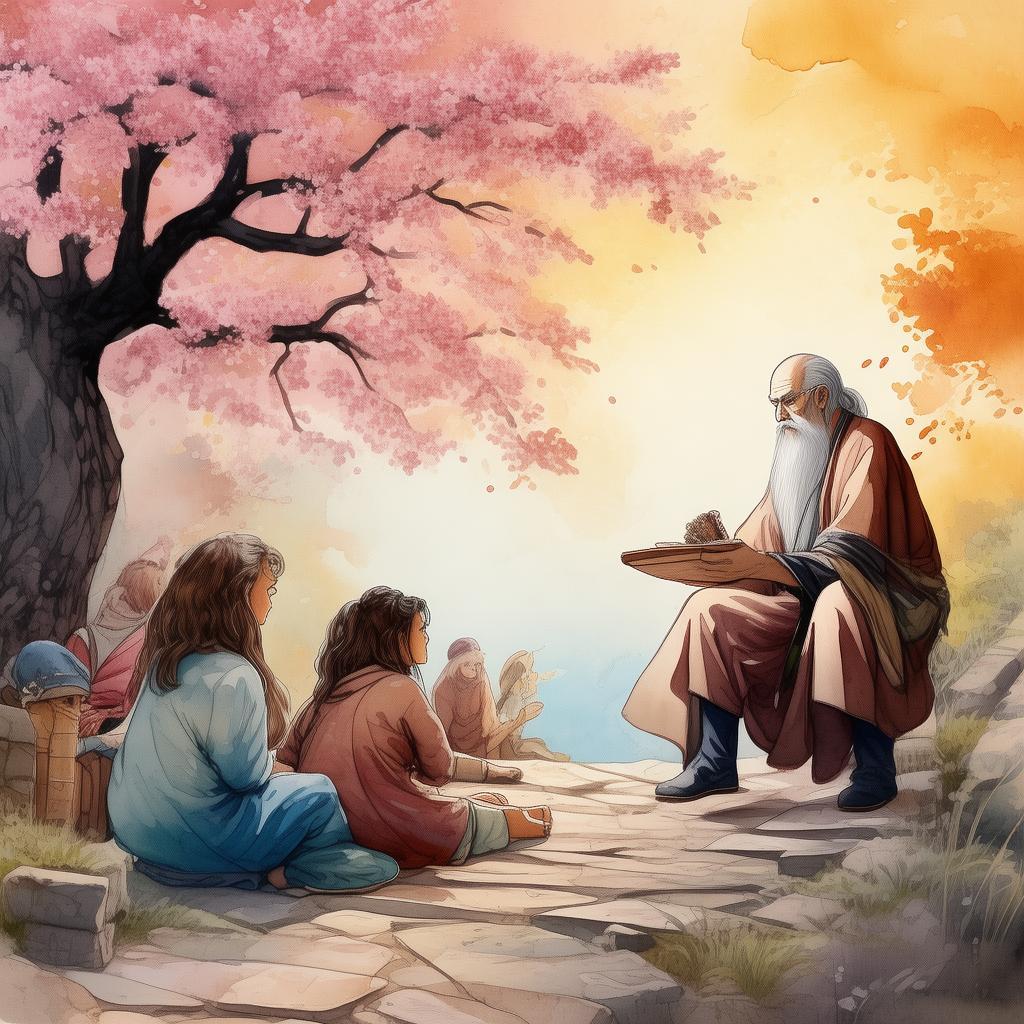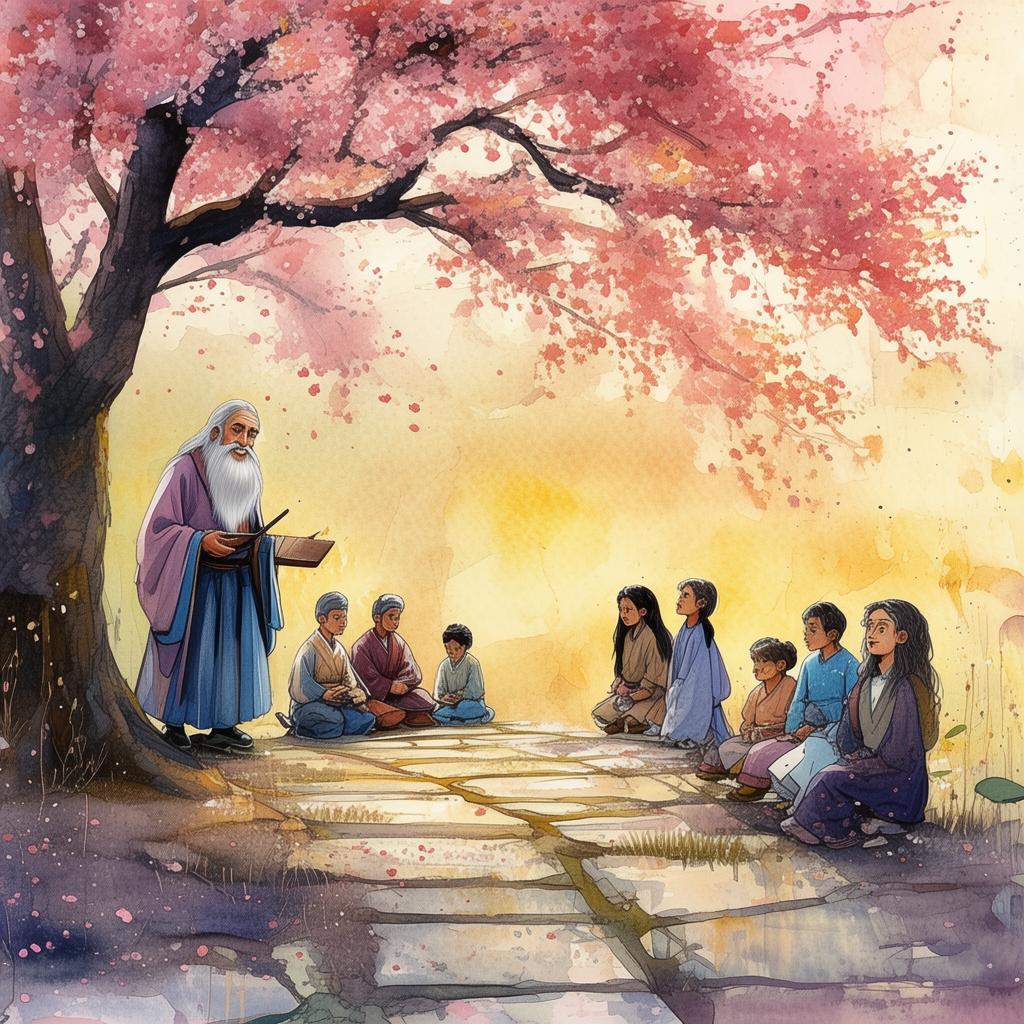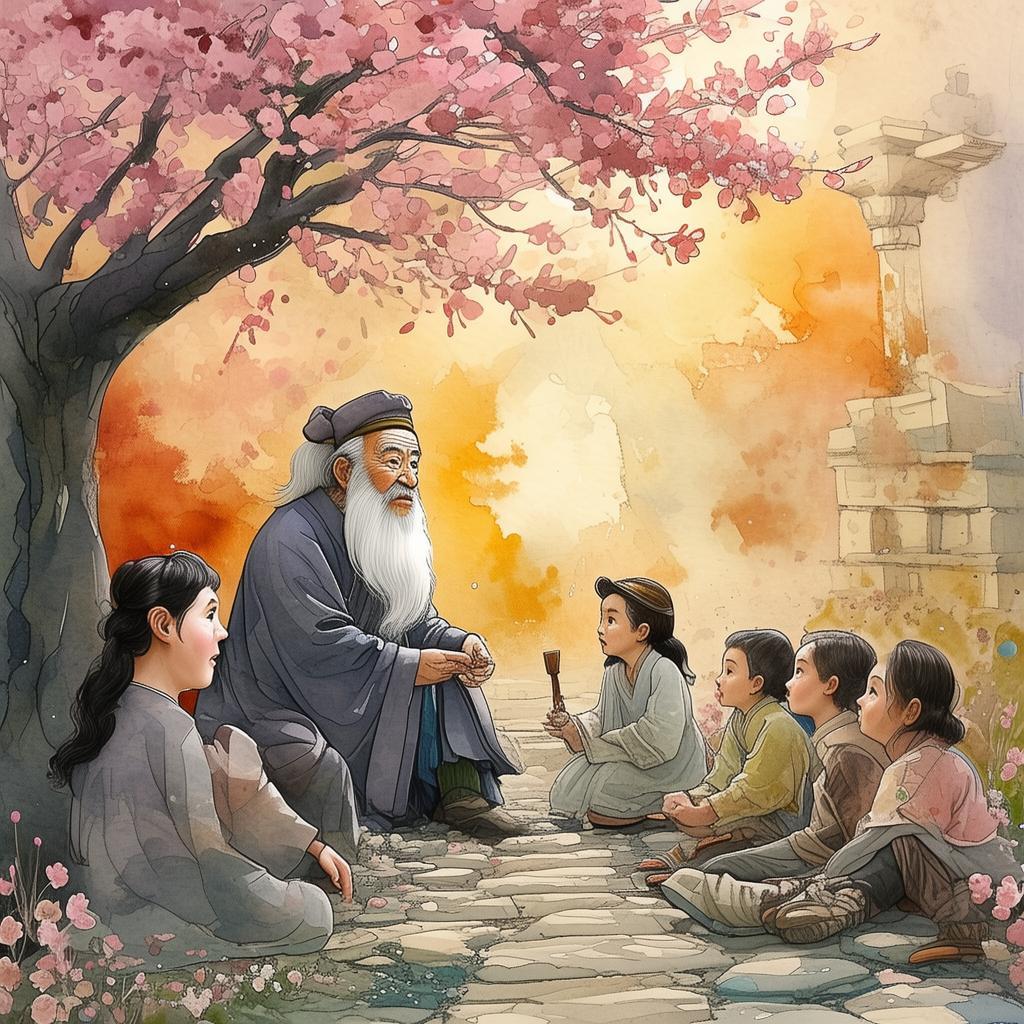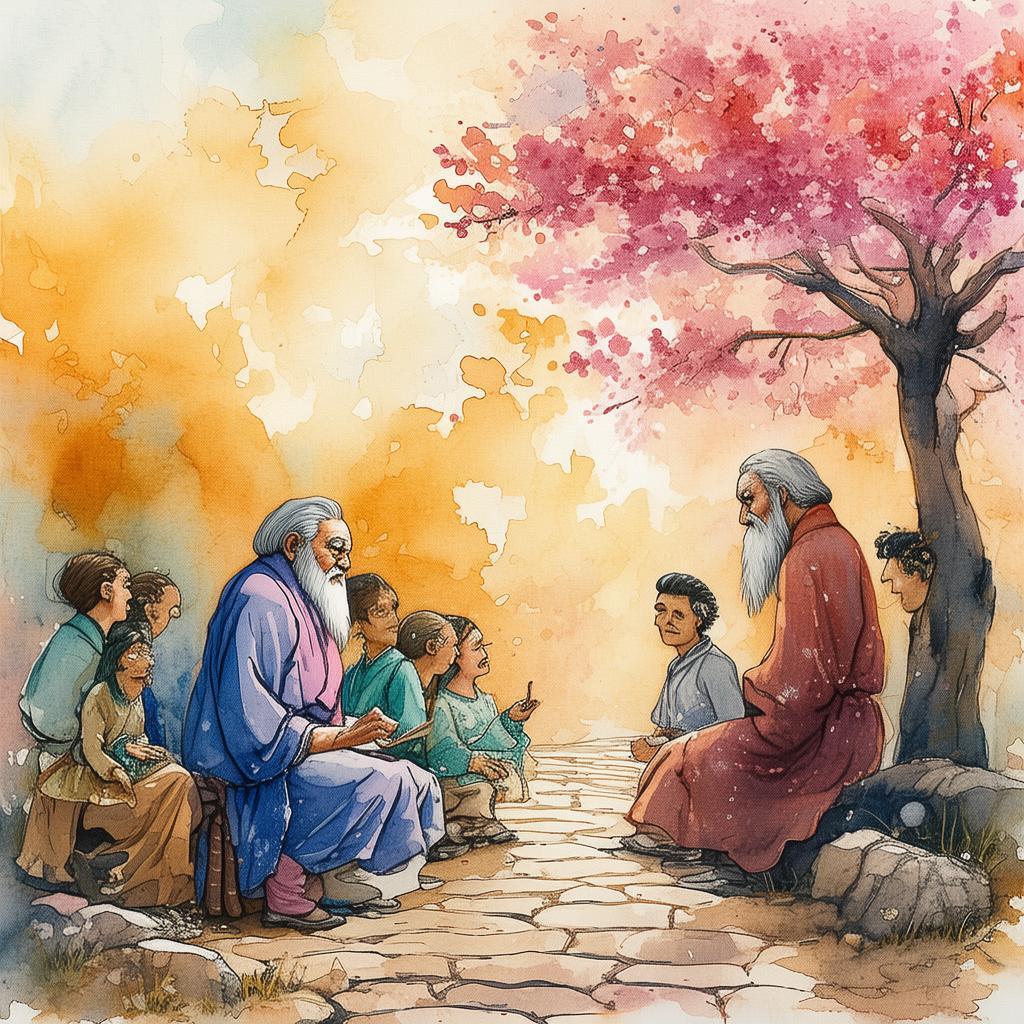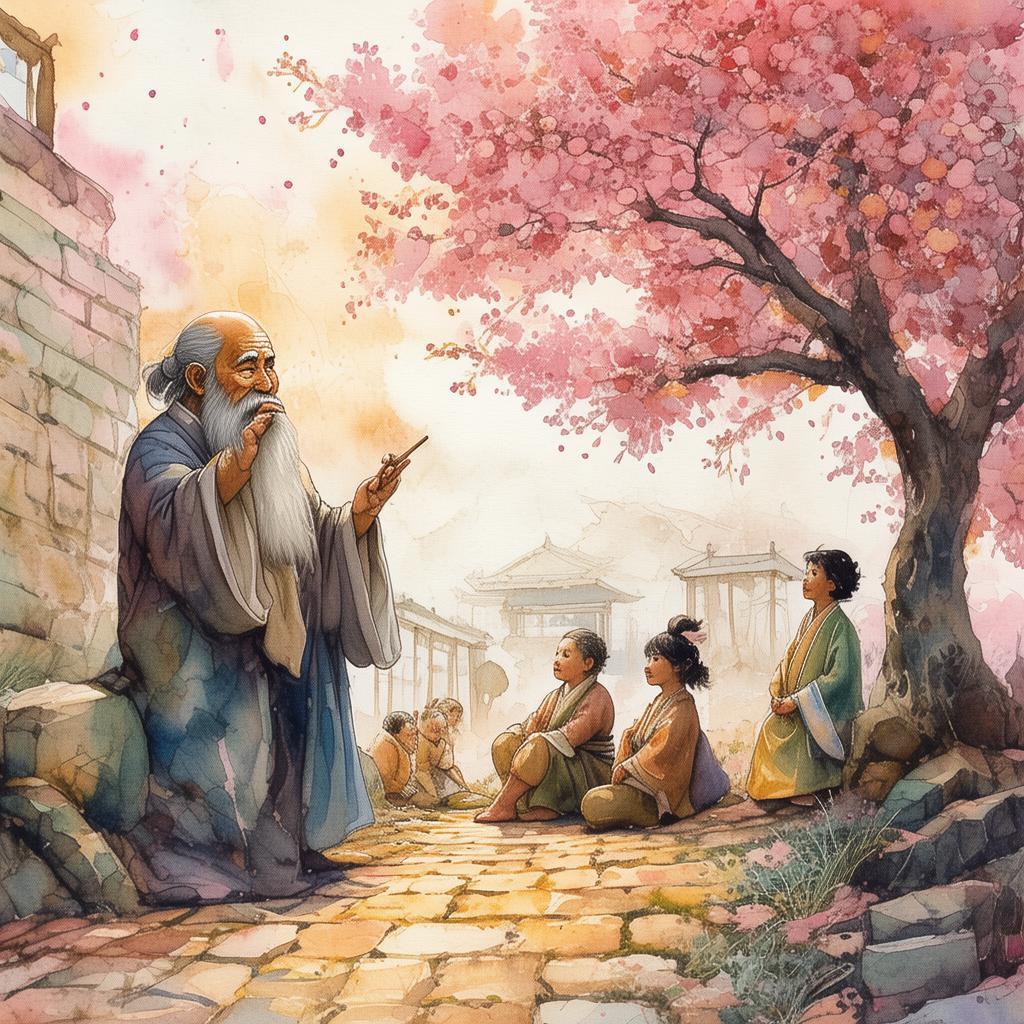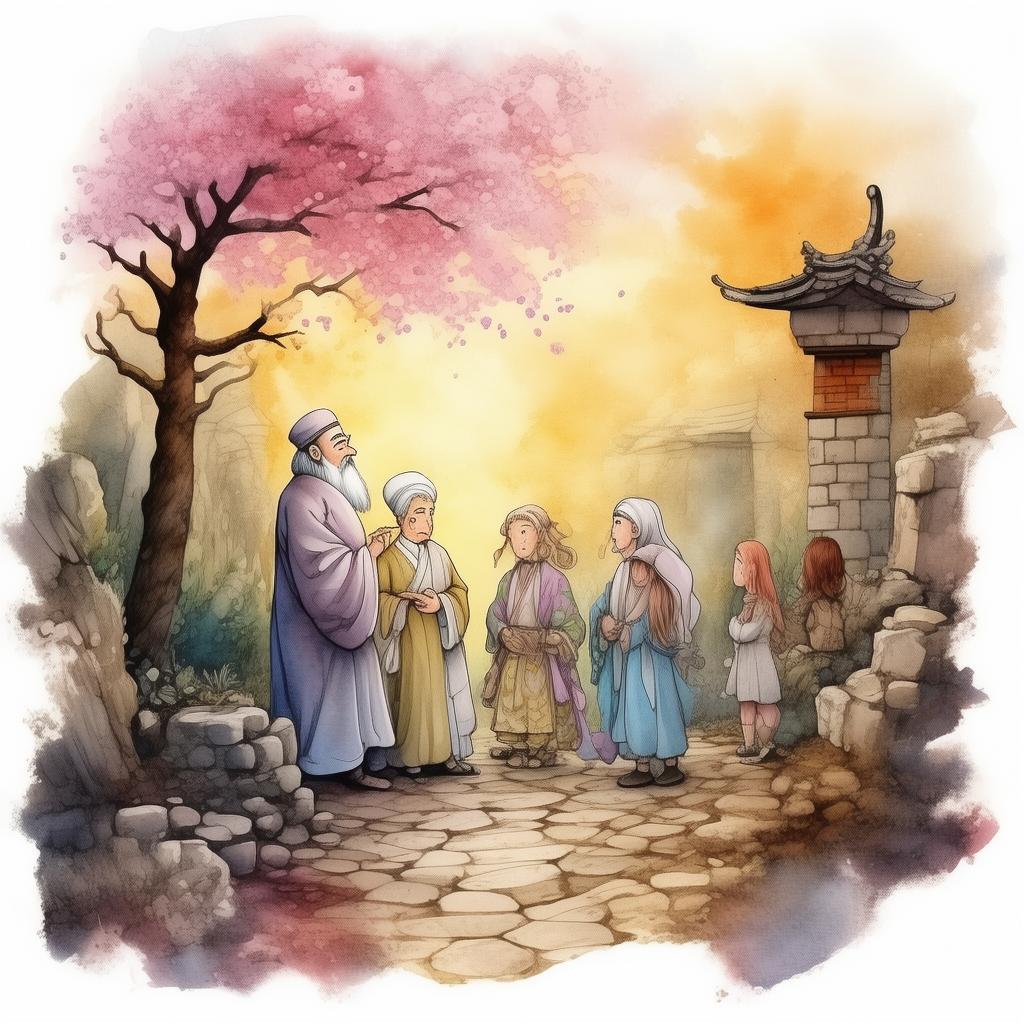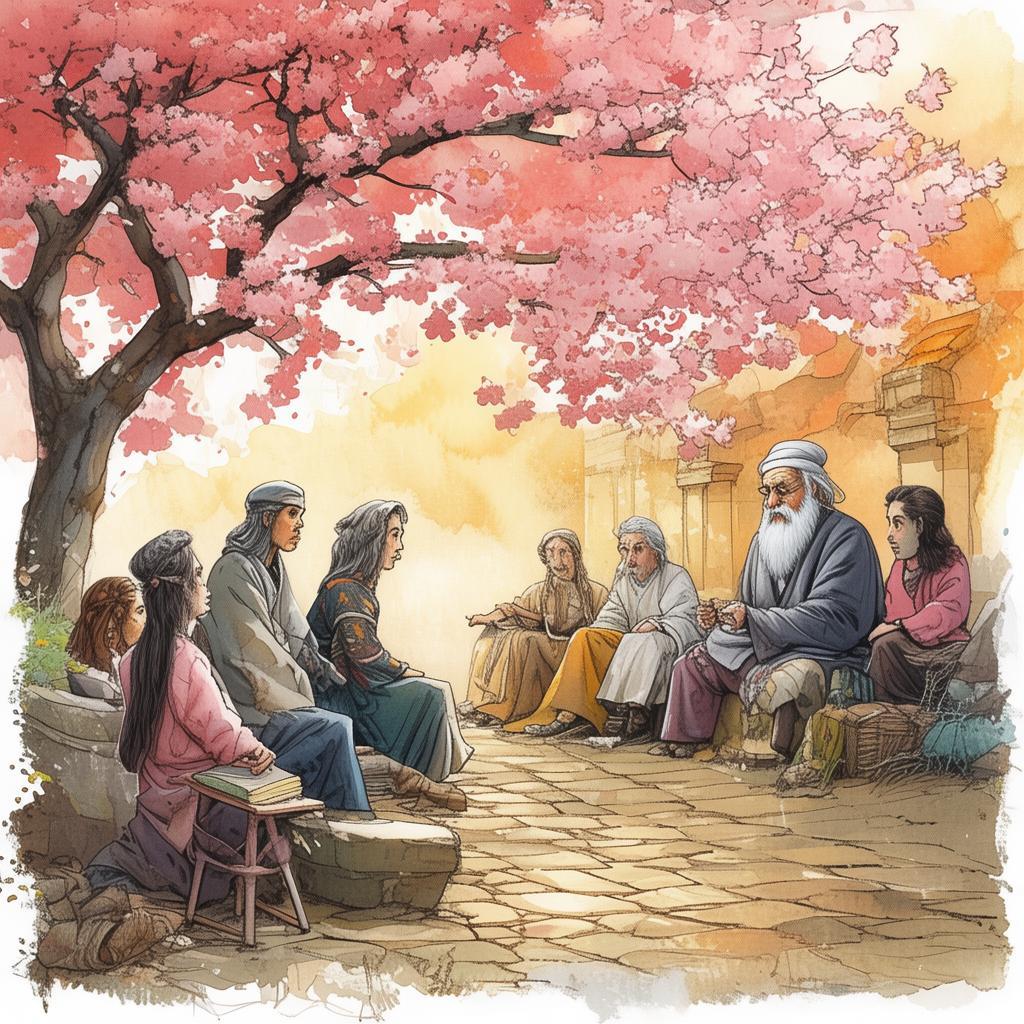Shu's Defeat: The Hidden Price of Power
In the ancient land of China, where the emperors ruled with an iron fist and the heavens themselves seemed to favor the strong, there was a time when the Shu Dynasty stood as a beacon of culture and power. Its capital, Chengdu, was a city of scholars, artists, and philosophers, a place where the essence of wisdom and tranquility was woven into the very fabric of its streets. Yet, as the sun sets on the golden age of a dynasty, the shadows of its fall begin to stretch long and dark.
In the year 263 AD, the Shu Dynasty faced its ultimate challenge. The Wei Empire, led by its ambitious ruler, Cao Pi, launched a campaign to conquer Shu. The battle was fierce, the skies dark with the smoke of war, and the earth shook with the thunder of horses and the clash of swords. The Shu army, valiant and well-trained, fought with the ferocity of a people fighting for their very existence.
In the midst of the chaos, a general named Zhuge Liang, the most revered strategist of Shu, made a decision that would change the course of history. He ordered the construction of a massive wooden bridge over the Yangtze River, a bridge that would become the scene of a desperate last stand. The general's strategy was to lure the Wei forces into a trap, but it was a gamble that would cost him his life.
As the bridge was completed and the Wei army advanced, the battle was fierce and the outcome uncertain. Zhuge Liang, with his keen intellect and unyielding spirit, led the Shu forces to a narrow victory. However, the cost was high. The bridge was destroyed, and Zhuge Liang, mortally wounded, succumbed to his injuries. The Shu army, though victorious in battle, was now leaderless and exhausted.
The Wei Empire, led by its cunning ruler Cao Pi, took advantage of the situation. With the Shu army in disarray, the Wei forces advanced and soon captured the capital, Chengdu. The Shu Dynasty, once a mighty force, was no more. The empire was conquered, and the people were subdued.
But what the conquerors did not see were the unseen costs of their victory. The people of Shu, though defeated, did not submit easily. They harbored a deep resentment, a seed of rebellion that would take root and grow in the years to come. The conquerors, in their hubris, had not counted on the resilience of the Shu people or the enduring power of their culture.
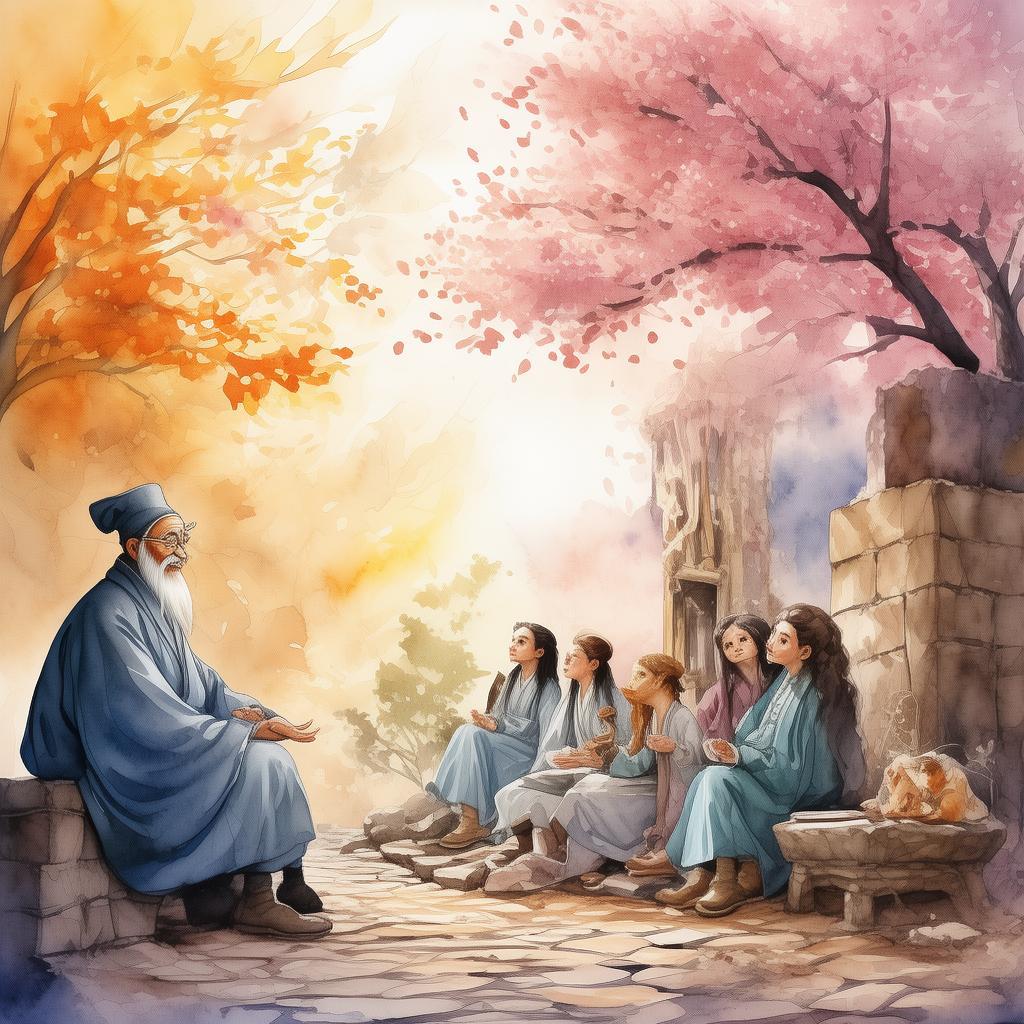
The conqueror's bane was not the immediate destruction of the Shu Dynasty, but the invisible threads of betrayal and loss that would weave through the fabric of the new empire. The Shu people, once scholars and artists, were now forced into labor, their talents and creativity stifled by the harsh rule of the conquerors.
In the shadows of the conqueror's victory, a young girl named Mei was born. Her parents, both Shu scholars, were forced to work in the fields, their minds and spirits crushed by the weight of their new reality. Mei grew up hearing the tales of her ancestors, the stories of their greatness and their fall. She was taught to read and write in secret, her education a silent rebellion against the conquerors.
Years passed, and Mei grew into a woman of great intelligence and beauty. She was betrothed to a Wei official, a man who was a part of the very system that had oppressed her people. But Mei's heart belonged to the land of her ancestors, and she was determined to bring about change.
One night, as the moon hung low in the sky, Mei met with a group of resistance fighters. They were a disparate group of former scholars, artists, and soldiers, all united by a single goal: to restore the Shu Dynasty and free their people from the yoke of the conquerors. Mei was to be their guide, her knowledge of the land and the people invaluable to their cause.
The resistance fighters began their covert operations, gathering intelligence, recruiting allies, and planning their rebellion. Mei's life was now a series of risks and dangers, each moment a potential betrayal. She was constantly in fear for her life, but her resolve never wavered.
The day of the rebellion arrived, and the resistance fighters, led by Mei, struck with the ferocity of a storm. The battle was fierce, and the outcome uncertain. The Wei forces, though initially overwhelming, were eventually overwhelmed by the sheer determination of the Shu people.
As the dust settled, the Shu flag was raised once more over the city of Chengdu. The people of Shu, led by Mei, had triumphed. But the victory was bittersweet. Many had lost their lives, and the scars of the past were deep and painful.
Mei stood on the battlements, looking out over the city. She knew that the true victory was not in the raising of a flag, but in the restoration of the spirit of the Shu people. The unseen costs of Shu's defeat had been high, but the enduring legacy of their culture and resilience would live on.
In the end, the story of Shu's defeat was not just a tale of conquest and resistance, but a story of the enduring power of the human spirit. It was a story that would be told for generations, a reminder that the true cost of power is not just in the lives lost and the lands conquered, but in the unseen threads of betrayal and loss that weave through the very soul of a people.
✨ Original Statement ✨
All articles published on this website (including but not limited to text, images, videos, and other content) are original or authorized for reposting and are protected by relevant laws. Without the explicit written permission of this website, no individual or organization may copy, modify, repost, or use the content for commercial purposes.
If you need to quote or cooperate, please contact this site for authorization. We reserve the right to pursue legal responsibility for any unauthorized use.
Hereby declared.
